Farmers & Climate Change
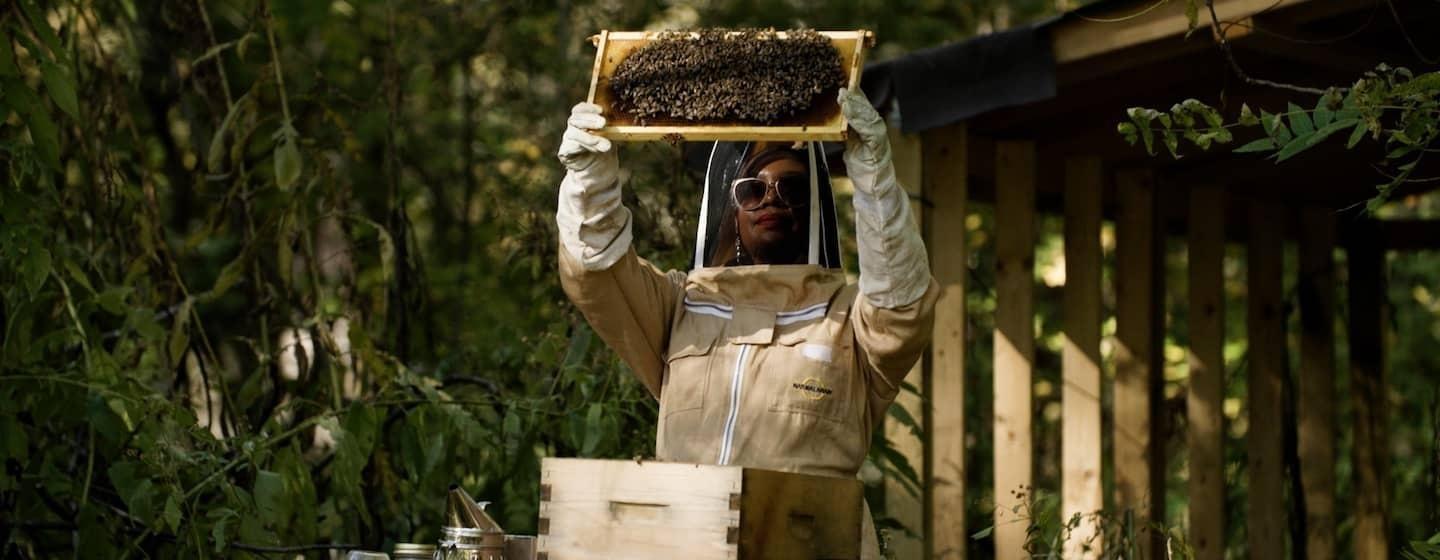

Farmers like Samantha Winship pay attention to shifting weather patterns. It’s part of the rhythm of their daily life. And they know firsthand that the climate is changing.
Winship can see it in the behavior of her bee colony.
“I mean, with it being like 88 degrees this early in the season, it really tricks them into thinking that it's spring or summer,” she said. “Or it’s either too much rain or too little rain. It tricks the relationship between plants and bees.”
Bees are essential to pollinating crops and increasing yields. But warming temperatures are causing flowers to bloom earlier, creating a mismatch in timing for pollination, and preventing bees from getting the nutrients they need.
But bees are just one of the stressors on agriculture caused by climate change. And in North Carolina, there’s a lot at stake. Agriculture is an $87 billon industry, the biggest in the state. Agriculture and agribusiness employ 17 percent of the state’s workforce.
“I hear a lot of the same concerns bubbling up from farmers,” said Rebecca Ward, the state’s assistant climatologist. “They are seeing warmers temperatures than 20 years ago, warmer nights, earlier springs. And the data definitely supports that.”
Extreme precipitation from both hurricanes and even regular storms can drown crops and cause nutrient runoff, depleting the soil and poisoning nearby water sources. The northeastern part of the state is especially vulnerable to saltwater intrusion, accelerated by the network of canals dug over centuries to drain the area. The canals are now conduits for salt water to move further inland.
Ward works closely with the NC State Extension offices across the state, providing farmers the latest information on climate science. Her job is to validate farmers’ experience with data.
“I see my role as bringing that evidence to bear, to say yep, it’s happening.”
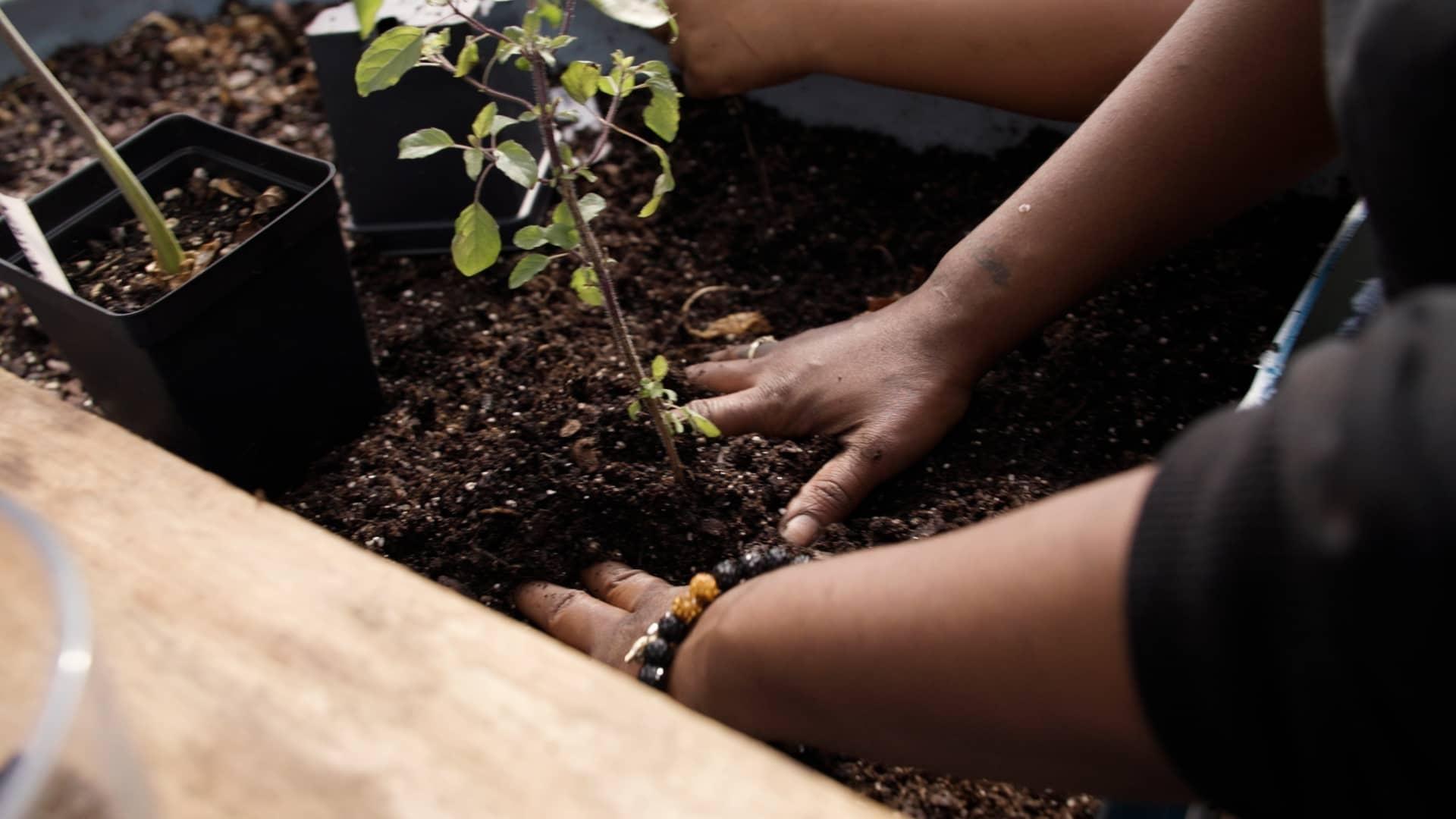
Ward also provides resources for farmers who want to decrease their carbon footprint. Agriculture can play a huge role in mitigating carbon emissions, as the sector contributes 10 percent of the country’s greenhouse gases.
“We all contribute to climate change, and we can all be part of the solution, and farmers are interested in that piece,” said Ward.
Ward says there are various ways farmers can reduce their impact, from moving to more pasture-raised beef to bulking up the carbon-carrying capacity in the soil with low-till or no-till conservation practices. But she acknowledges that it’s a tough ask for an industry that’s already facing so many challenges.
“Farming is hard in general and especially in North Carolina where our weather is incredibly variable,” said Ward. “Throw climate change on top of all that, making our extremes more extreme… Let’s just say I have a lot of respect for our farmers.”
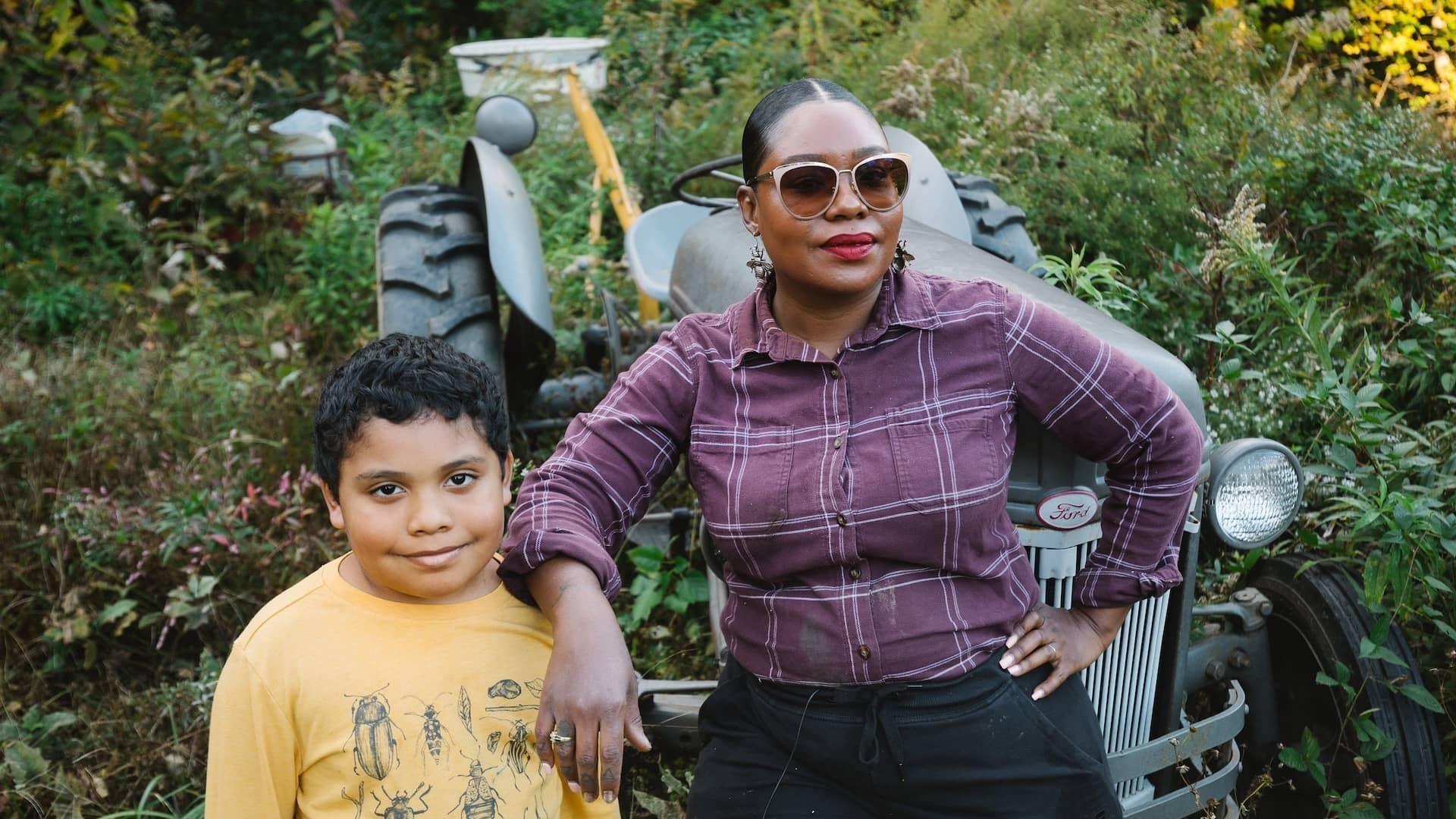
Beekeeper and farmer Samantha Winship said that by protecting bees and native plants, small farmers have a big role to play in mitigating climate change.
“I think the future definitely relies on more small farms and families,” she said. “I always say planting a seed is a revolutionary act, and I truly 100% believe it's the little things that are going to make the biggest changes in the future.”
This story was produced with support from the NC Department of Natural and Cultural Resources and is part of the Pulitzer Center’s Connected Coastlines reporting initiative.
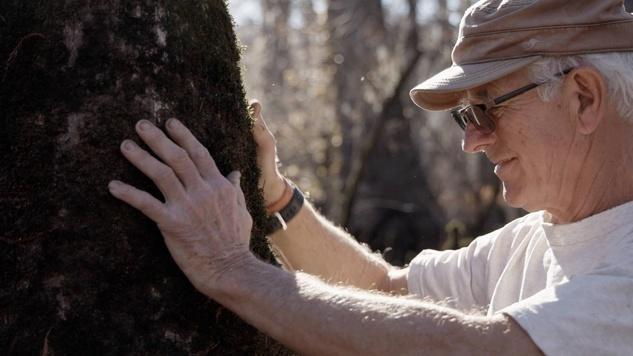
Our ancient trees provide an accurate record of more than two millennia of weather east of the Rockies.
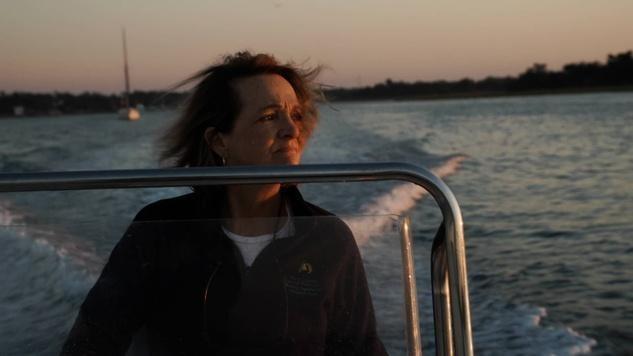
Coastal regions in the U.S. are some of the most densely populated areas in the country, and they are also the most vulnerable to sea level rise.

Warming waters present more change in diverse fisheries. Commercial fishers like Morty Gaskill are adapting.
Sea level rise and coastal erosion are directly impacting the coastline, and extreme weather events bring the impacts of climate change inland. In our State of Change project, you'll hear from North Carolinians directly about the effects of climate change in their communities and the innovative solutions they're pioneering to build a more resilient state.
State of Change premieres Wednesday, 4/20, 7 PM on PBS NC and the PBS Video app.